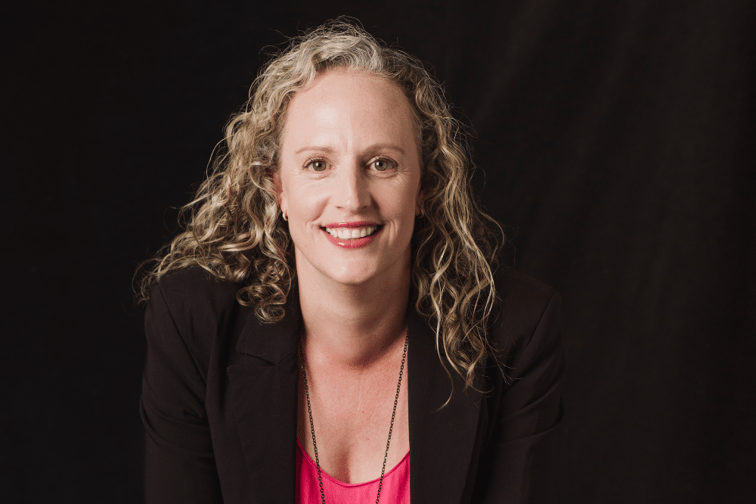

When Julia Ewert (pictured above) talked about “showing up and throwing up” even a hardened Insurance Business journalist flinched a little at the thought.
However, Ewert coined the term to explain a useful negotiation tip. The Perth-based professional negotiator started her own business teaching sales and negotiation best practice seven years ago. Ewert said insurance brokers tend to have specific weaknesses when it comes to negotiating.
“Yes, absolutely, there are three things,” said Ewert, who said she has “loads of clients in the insurance space.”
She said these weaknesses crop up when brokers are looking to enlist new clients and when they are selling new insurance products.
“Firstly, they struggle to identify what their point of difference is compared to someone else,” said Ewert.
She said, in her experience, when brokers pitch their services they tend to talk about the same things.
“They say, ‘We give great customer service,’ and, ‘We have access to this many underwriters,’ and, ‘We have a great claims team.’ They speak very generically so they struggle to articulate their point of difference,” said Ewert.
The second weakness she’s noticed with many brokers is the ‘show up and throw up’.
“So the ‘show up and throw up’ is when they get someone who says they are looking to change their insurance, the broker meets with them and just vomits all their technical information all over this potential client,” she said.
Ewert said the research in this area demonstrates that ‘show up and throw up’ actually gets people offside.
“It’s too much data for them to sift through to make an easy decision and it makes them hard to buy from,” she said.
The third Achilles heel in the broker’s negotiation strategy can be failing to take the time to understand what their customer is trying to achieve.
“Especially if we’re talking about business insurance - we know that this is necessary. However, people kick the can down the road and wait to the last minute to sort it out,” said Ewert.
Proactive conversations around this topic area early on, she said, can help brokers bring in more clients and contracts.
The other interesting observation Ewert made about brokers is that despite the perceived importance of confident conversational skills in this relationship driven business, being an extrovert may not be an advantage.
“People often misunderstand negotiation skills and they suggest that to be good at it or to convert more contracts in sales you need to be extroverted and have all the information,” she said.
However, Ewert said often introverted brokers are much more successful in business than extroverts.
“An introverted broker is more likely to listen, they are less likely to make themselves the hero of the conversation and they’re more likely to connect with that prospective customer,” she said.
Ewert has worked in sales leadership roles for companies like Stockland and Vodafone. In an earlier Insurance Business interview she explained how insurance brokers can learn a lot from the negotiation techniques used by the FBI (Federal Bureau of Investigation). Ewart said she attends FBI training sessions every week to hone her own skills.
Read more: FBI negotiation skills for brokers
“FBI negotiators are using very fine-tuned interpersonal people skills,” she said. “The same skills that the FBI are using when they’re talking to hostage takers and terrorists are the same skills that we can use in business as insurance brokers to convert more contracts, increase our margins and win more negotiations,” she added.
Ewert gave some examples but warned beforehand that while the notion of adopting FBI skills in insurance broking might sound very exciting, “it’s very underwhelming because these are skills we all have hiding in plain sight,” she said.
Ewert said it’s key for brokers trying to connect with potential customers to find things in common. She said if a potential customer finds the broker likeable, they’re more likely to do business with them.
“If you don’t like me, the research tells us that you’ll go out of your way to look for disagreement in everything that I say. So it’s not dissimilar to what some of the FBI teams are doing: their job is to connect, find something in common and build trust with the hostage taker,” she said.
